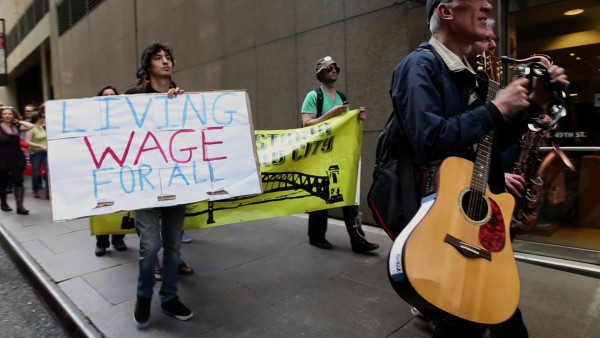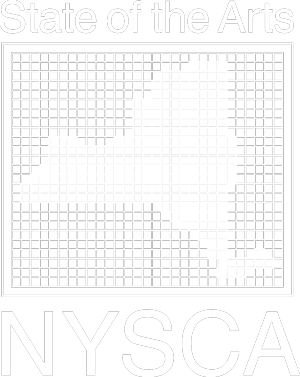Will higher wages hurt the economy and lead to unemployment?

At first, the workers in our film were most concerned with dignity and respect in the workplace. They asked for very modest raises, and the assurance that everyone in the shop get basic minimum wage and overtime. But the Hot & Crusty struggle was a prelude to the Fast Food Strikes, a New York City phenomenon that quickly spread across the country, calling for $15 an hour and a union for fast food employees. Realizing their collective power, service sector workers everywhere are now daring to dream bigger.
This nationwide push for higher wages has generated a fierce debate, with conservative think tanks like the Heritage foundation reporting that higher wages will lead to job loss. However, the Heritage Foundation has a history of releasing questionable reports, many of which are laid out elegantly in this article. Many mainstream economists like the ones at the Federal Reserve Bank of Chicago believe that a higher minimum wage will spur more spending, leading to more growth and more jobs, not less.
Berkeley economists recently concluded that a minimum wage hike in Oakland would 1) increase operating costs for retail by only 0.3 percent; 2) generate considerable additional income for low-wage workers that are likely to be spent on local businesses; 3) contribute to lowering turnover rate and thereby a more productive, efficient, and happier workforce.
And what about the argument that a wage hike will force businesses to replace service sector workers with machines? Nobel Prize-winning economist Paul Krugman doesn’t seem concerned. He thinks the “common sense” industries that rely on minimum wage workers “require the kind of flexibility that I think we’re still a few decades away from getting out of computers.”










